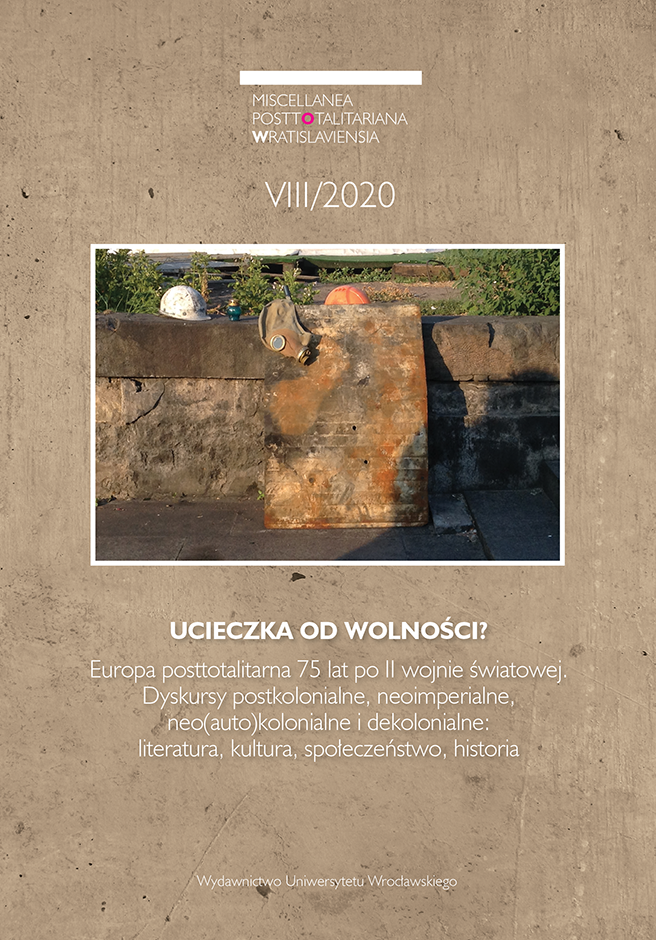

Stare idee, nowe wyzwania

The heritage of the Polish–Lithuanian Commonwealth is one of the most problematic residues of the Polish past. After World War II, Poland lost its so-called Eastern Borderlands, which meant a break with a specific state tradition, the most important link of which was the powerful Polish-Lithuanian state in the fifteenth and sixteenth centuries. The potential and significance of the former Polish-Lithuanian Commonwealth remains an important topic of Polish identity discourse. One of the issues addressed in that context is the imperial character of that state. The importance of this issue goes beyond the space of historiographic debates. It also concerns the place and role of Poland in the world from both historical and contemporary perspective. A common element of various narratives around the national-state status is myth. Myth is a story told for the needs of a specific social group, but it also refers to some of the supra-class conditions that could be described as the ontology of national being. Thanks to this, it can be treated as one of the tools used to study not only self-perceptions of the community, but also the interactions that occur between these self-images and real determinants of the community’s status. According to the author of the article, postcolonial studies create a possibility of integrated research on Polish imperiality, since they combine a number of different competencies necessary to comprehensively cover this broad topic. The sphere of national mythology is combined from a postcolonial perspective with a vast sphere of social facts and real-life conditions.